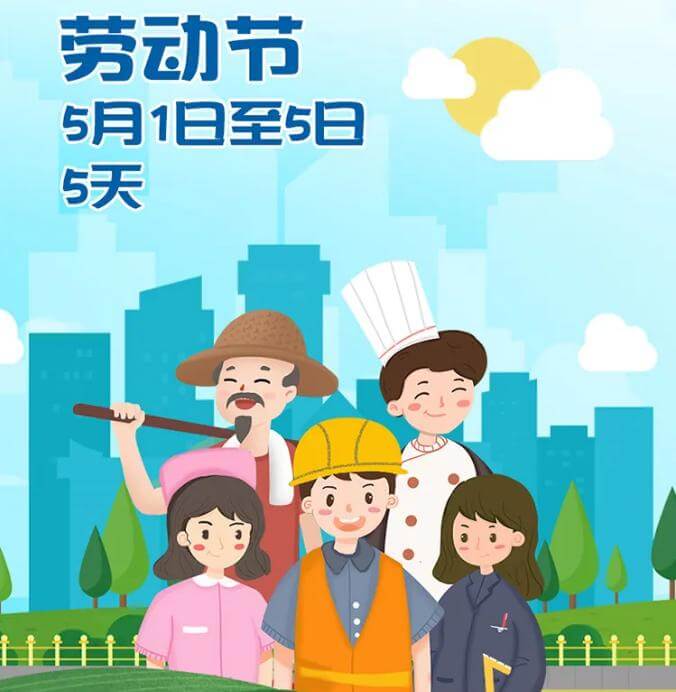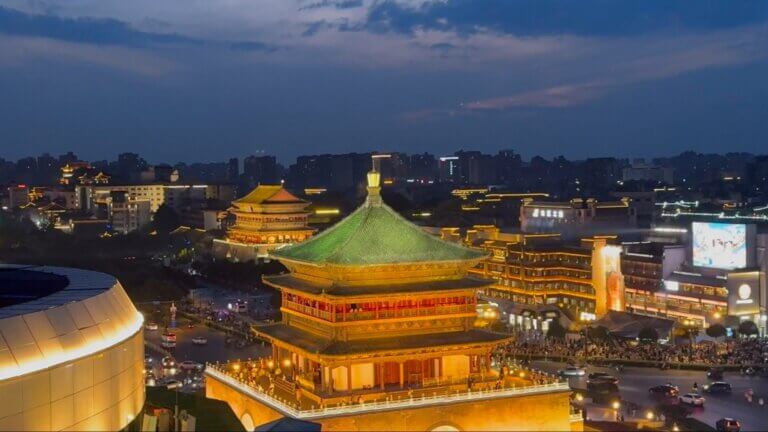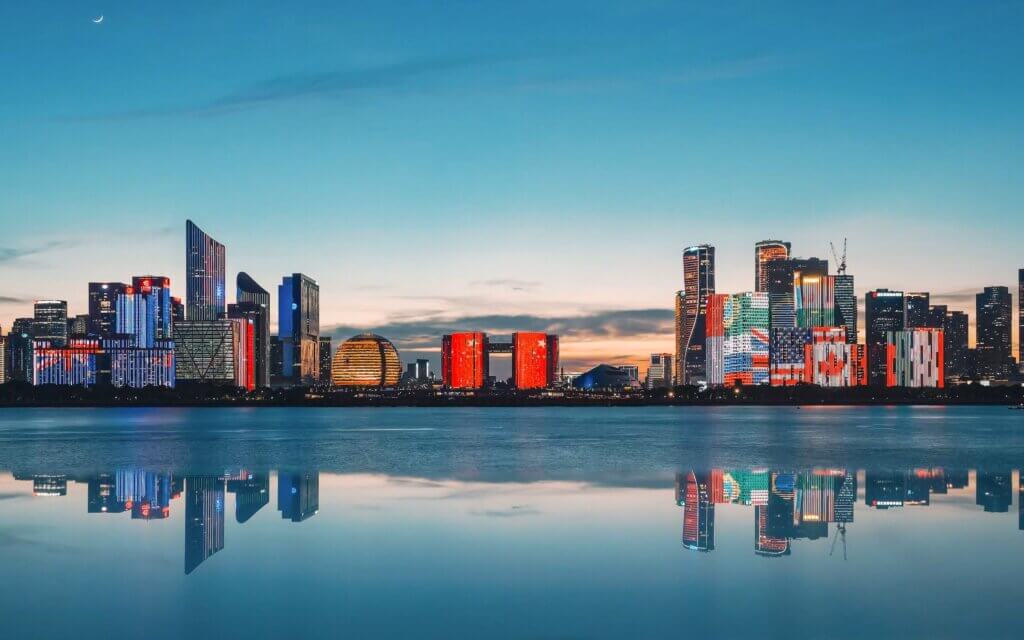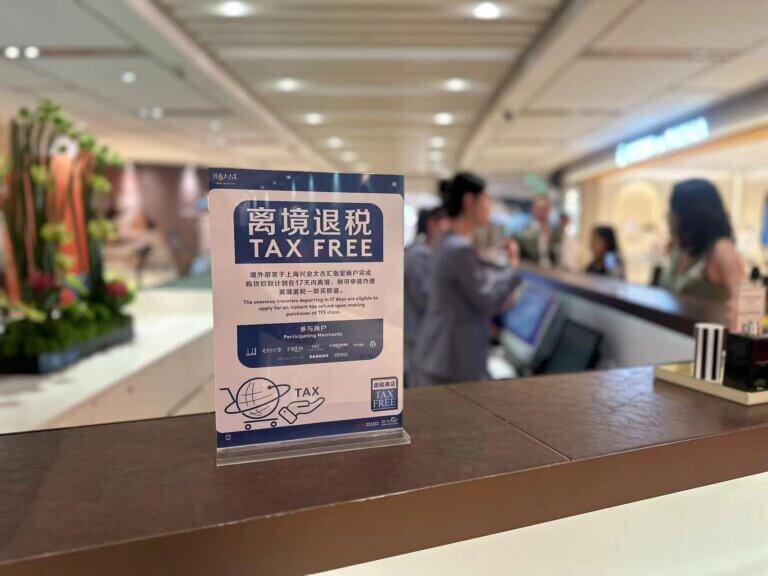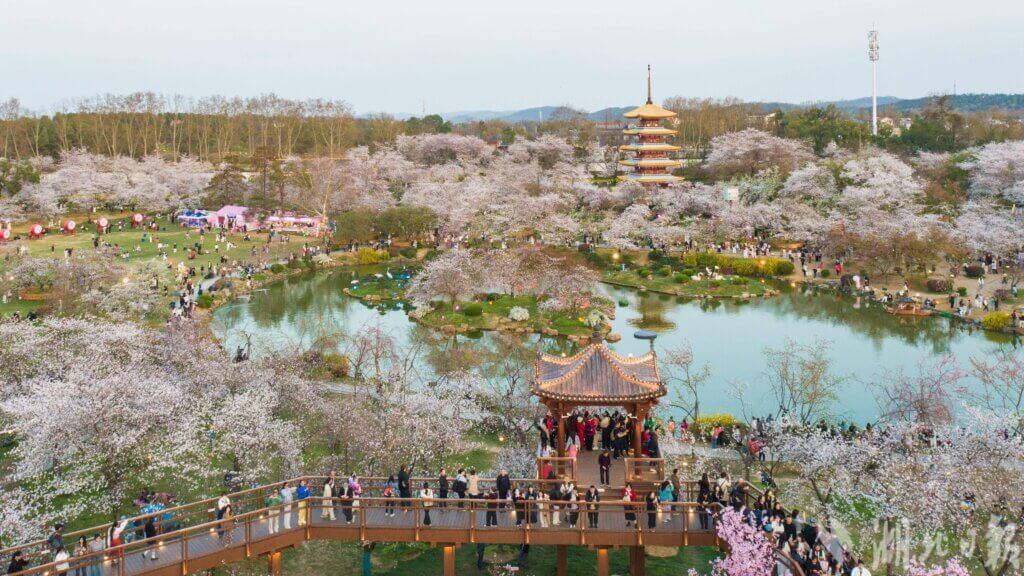
1. Wuhan Unveiled: A City of Rivers, Resilience, and Rituals
Nestled at the confluence of the Yangtze and Han rivers, Wuhan—China’s “City of a Thousand Lakes”—pulses with a rhythm uniquely its own. As the capital of Hubei Province, this sprawling metropolis blends modernity with traditions that have thrived for centuries. Locals here swear by their morning ritual of “guozao” (breakfast on-the-go), where steaming bowls of hot dry noodles (about $1.50) fuel bustling mornings. Don’t miss the Dragon Boat Festival in June, when the rivers roar with races honoring ancient poet Qu Yuan—a spectacle of drums, dumplings, and unity.
2. Must-See Sights: Where History Meets Modernity
Wuhan’s charm lies in its contrasts. Start at the Yellow Crane Tower (entrance: 0.5~2/hour) or cherry blossom strolls in spring. History buffs will adore the Hubei Provincial Museum, home to the 2,400-year-old Bianzhong bells (free entry). At night, Jianghan Road Pedestrian Street dazzles with neon-lit shopping and street food like doupi (sticky rice pockets, ~$1).
3. Wuhan University: A Springtime Fairytale
Every March, Wuhan transforms into a pink wonderland as cherry blossoms burst into bloom at Wuhan University. The campus, dubbed “the most beautiful in China,” draws crowds to its Sakura Avenue—a tunnel of delicate petals framing historic lecture halls. Arrive early (opens 8 AM; free, but book slots online) to avoid crowds. Pro tip: Pair your visit with nearby Donghu Cherry Blossom Park (entry $5) for a full day of floral magic.
4. Where to Stay: From Budget to Boutique
Wuhan caters to every traveler. Budget seekers love Hostel Wuhan (20/night), a riverside hub with dorm beds and bike rentals. Mid-range options like Novotel Wuhan (80/night) offer skyline views and metro access. Splurge at the Shangri-La Hotel (30–$50)—perfect for night opera shows.
5. Travel Smart: Tips for a Seamless Trip
- Best Time to Visit: March–May (cherry blossoms) and September–November (mild weather). Avoid July’s sauna-like heat!
- Transport: Use the metro (2 per ride) or Didi (Uber equivalent). Ferries ($0.30) cross the Yangtze at sunset.
- Etiquette: Tipping isn’t customary, but greet elders with a nod. Avoid public chopstick pointing—it’s considered rude!
- Safety: Tap water isn’t drinkable; stock bottled water ($0.50). Keep masks handy for smoggy days.
Wuhan isn’t just a stopover—it’s a destination where ancient poetry collides with fiery street food, where blossoms paint spring skies, and where every corner whispers stories of resilience. Pack your curiosity (and an umbrella—rain surprises often!), and let Wuhan’s spirit sweep you away. 🌸🚢
